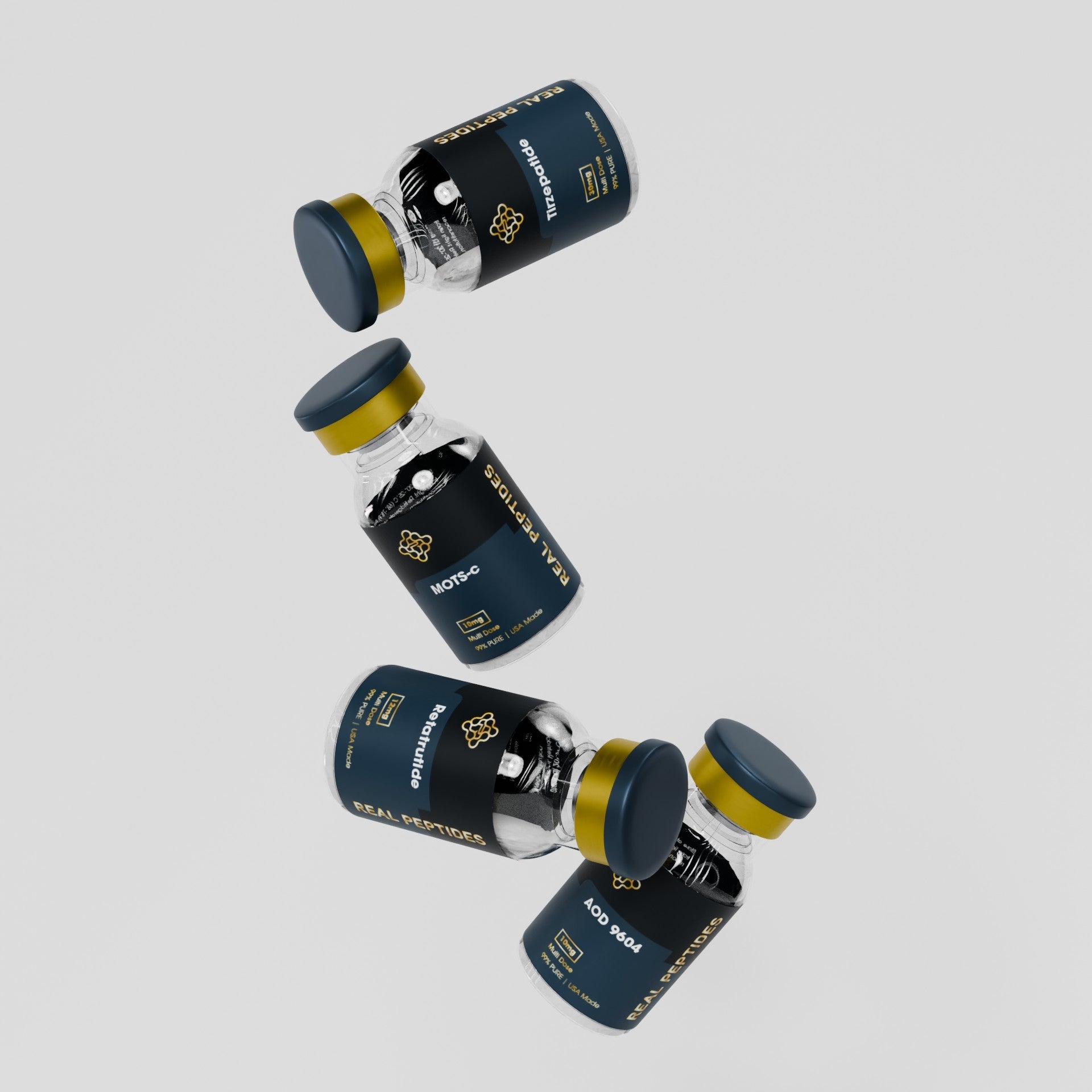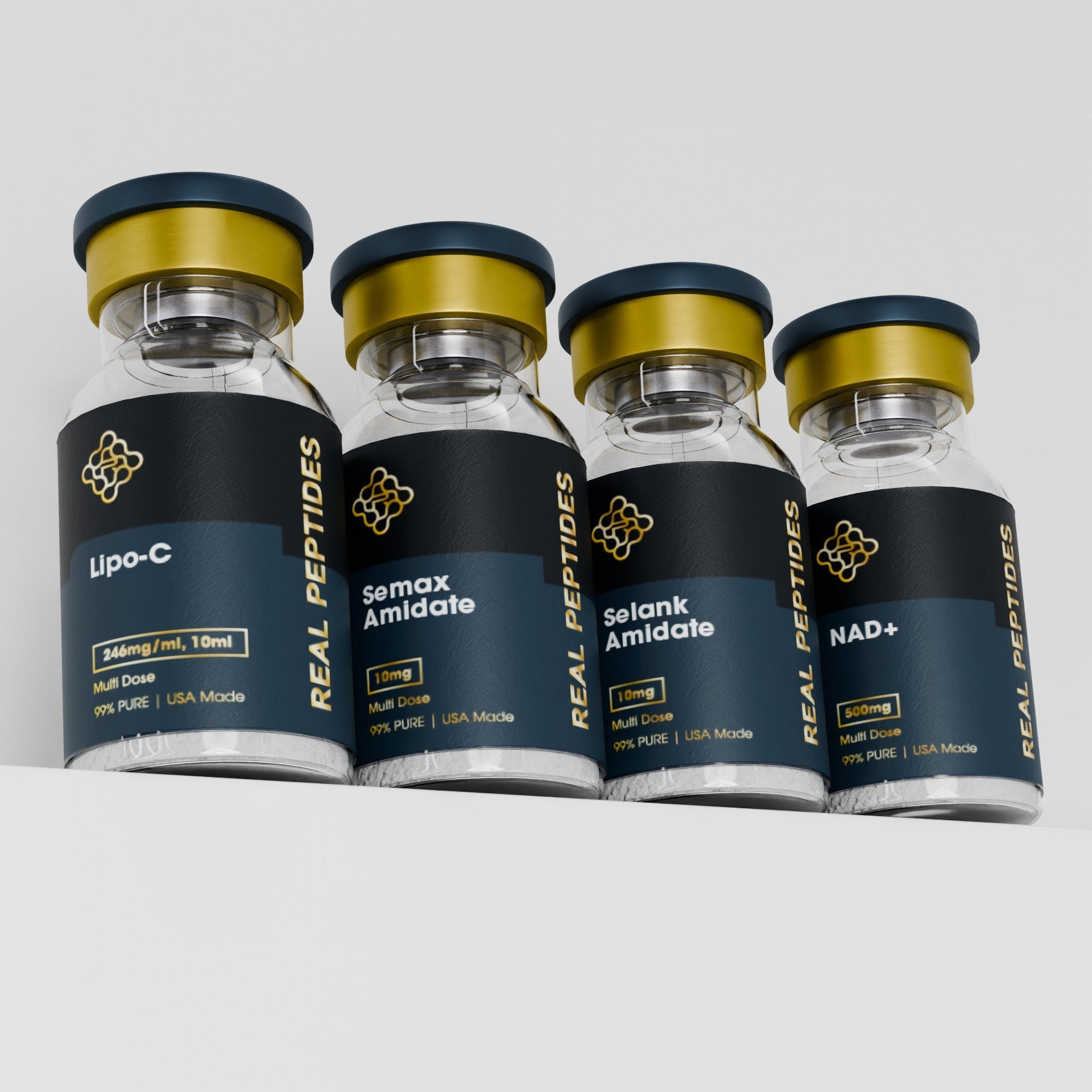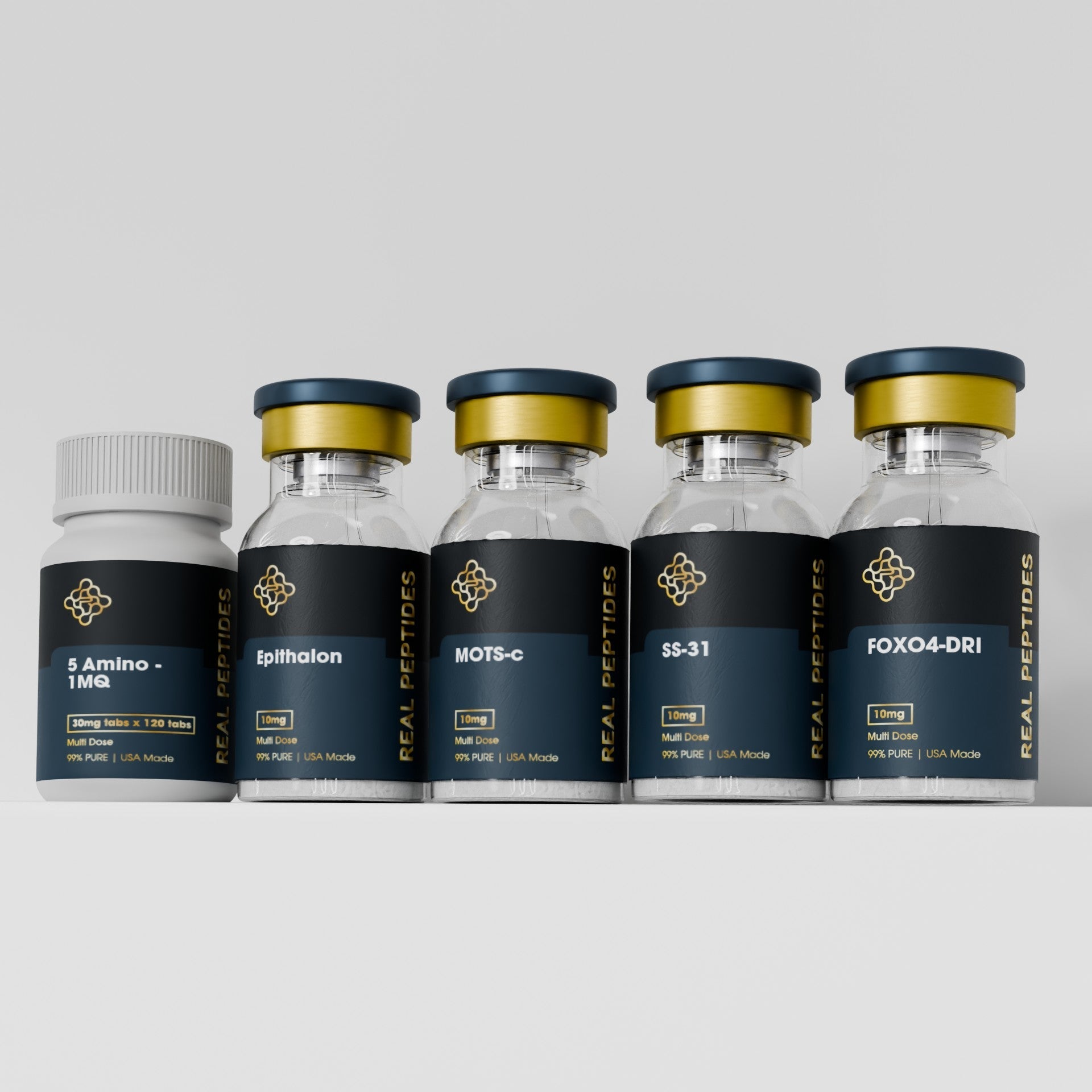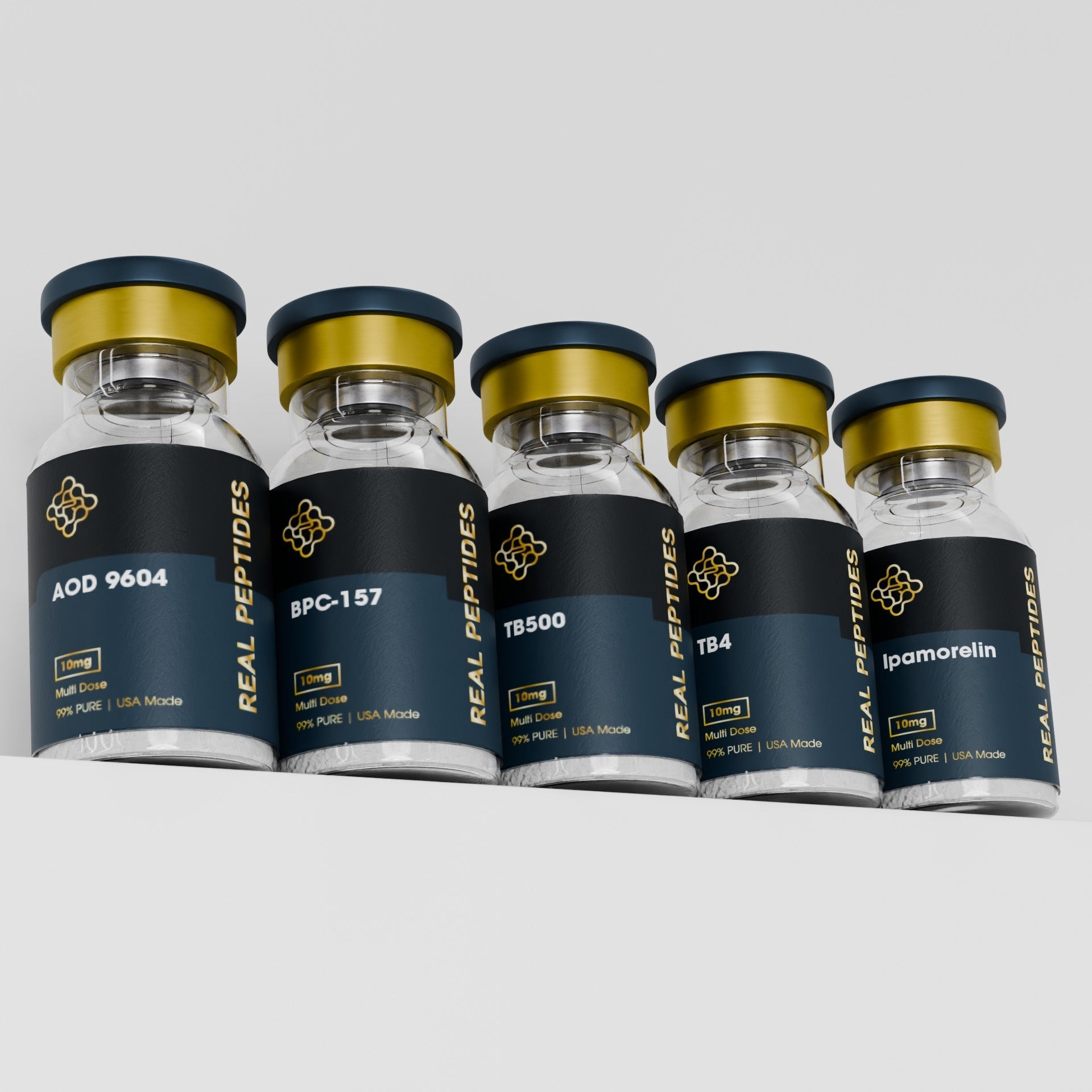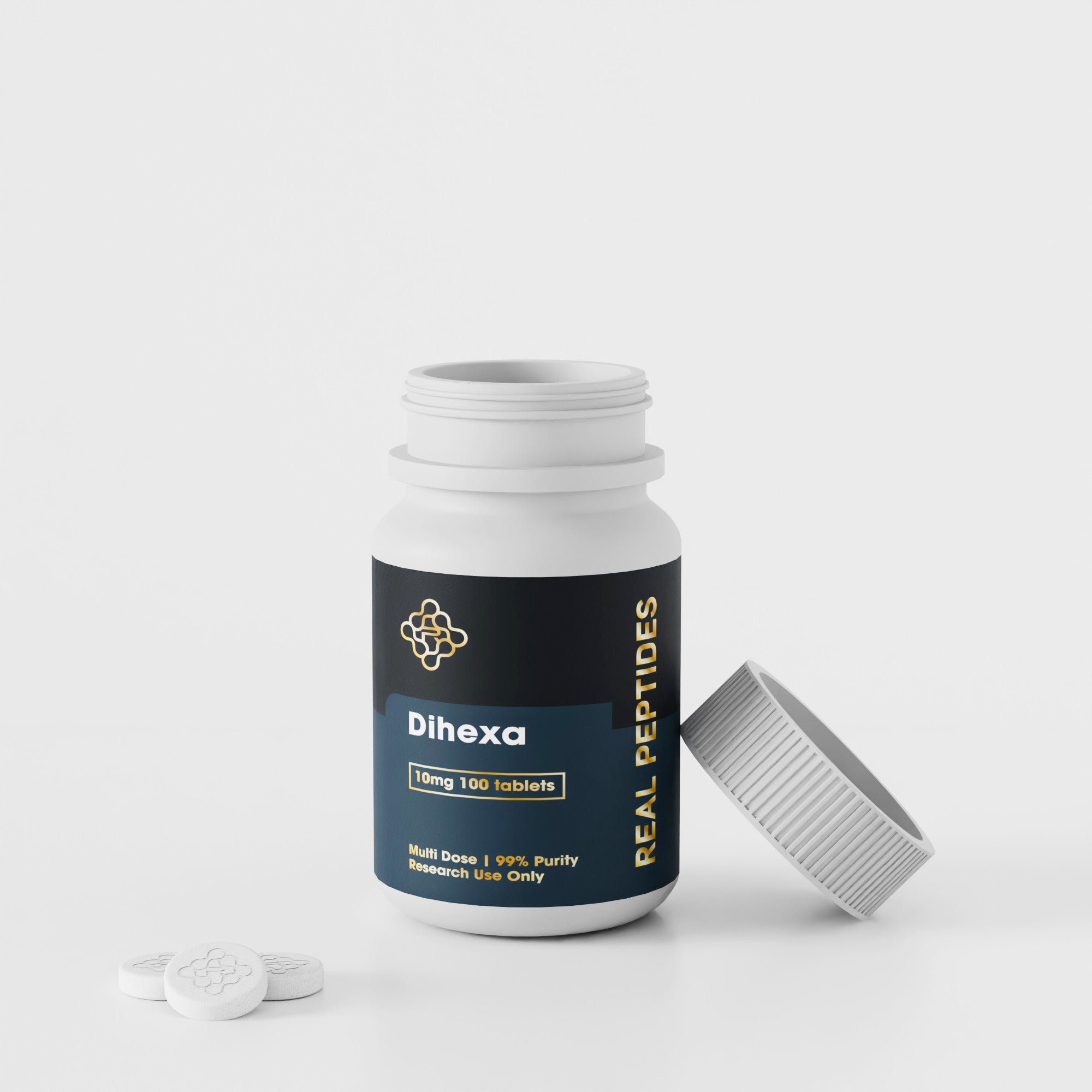
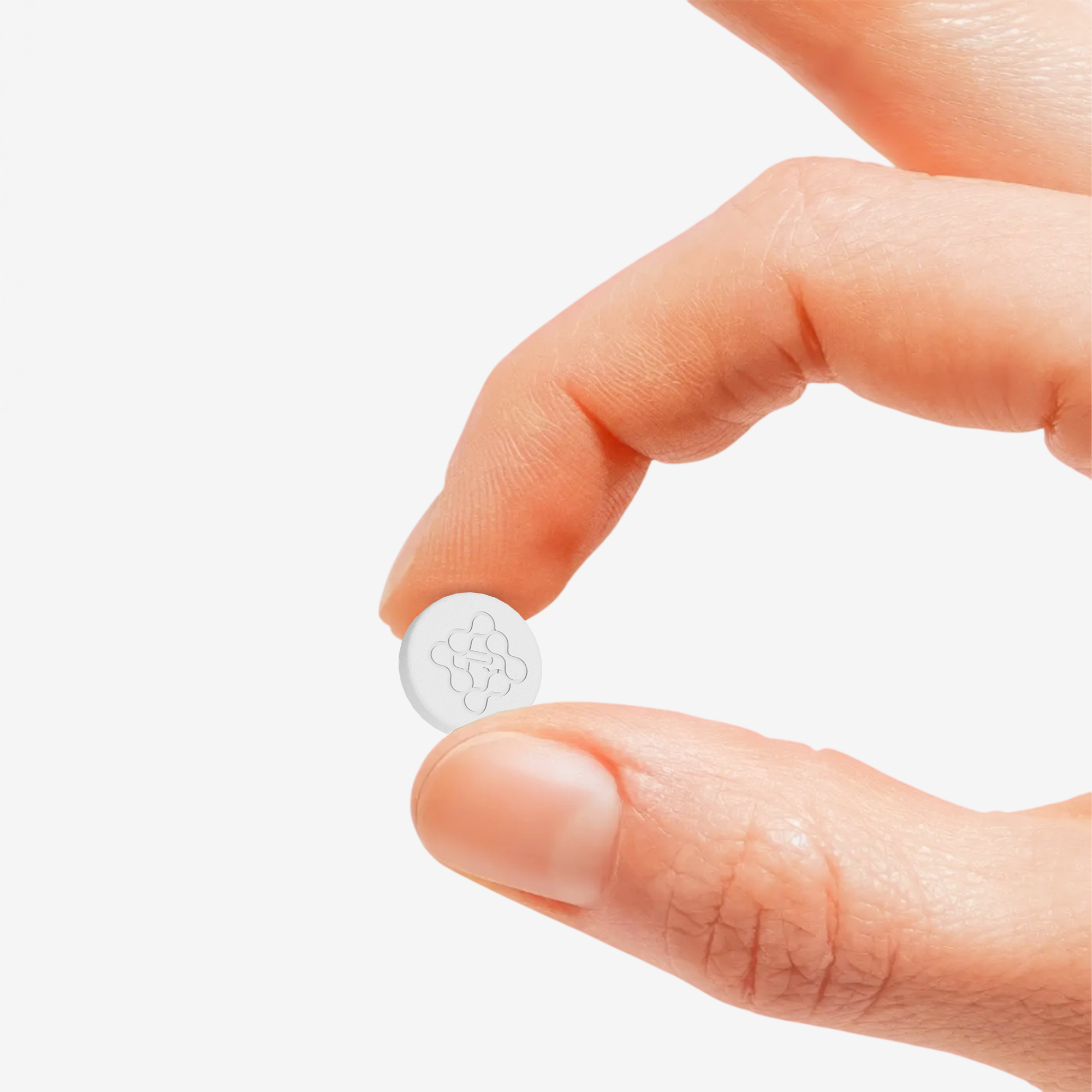
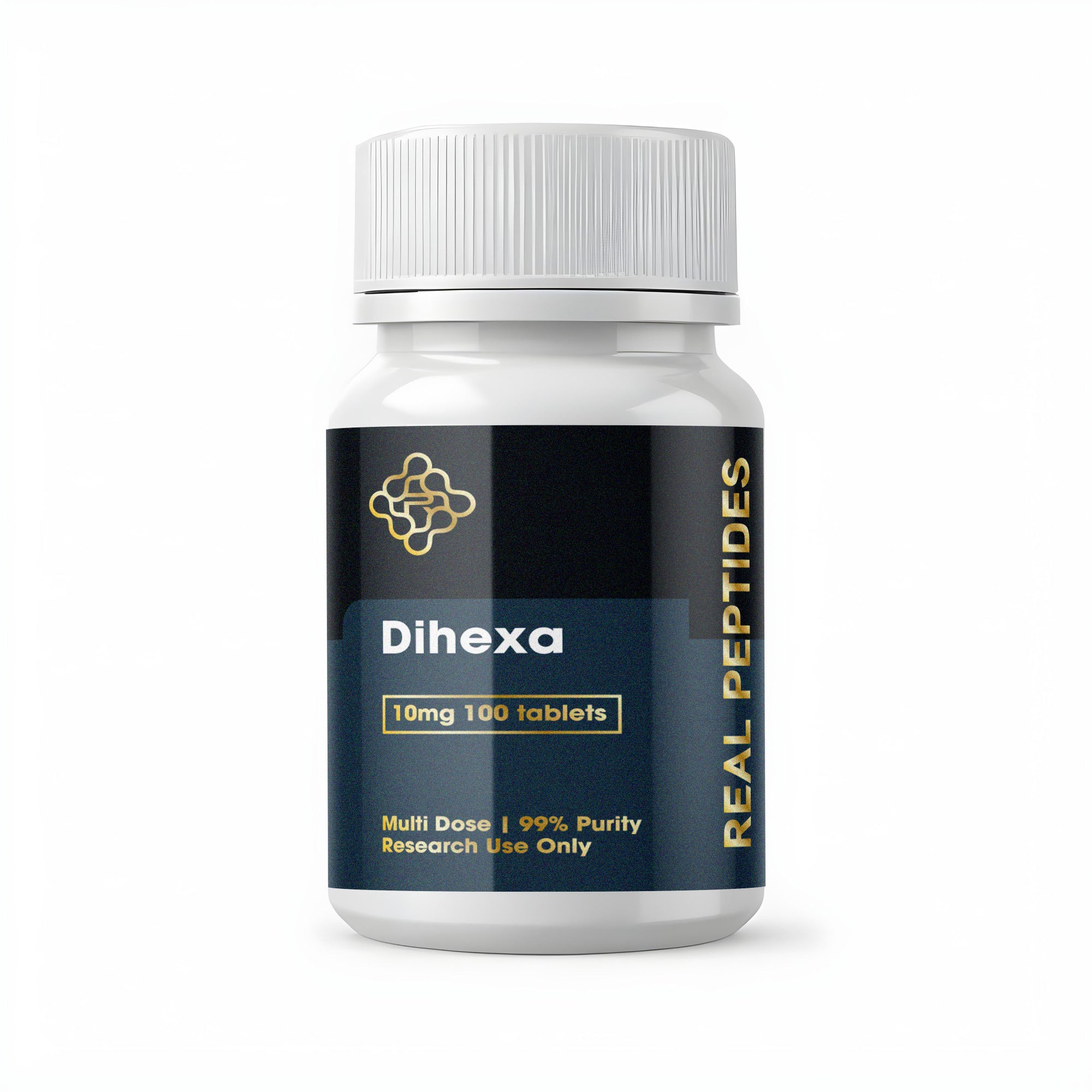
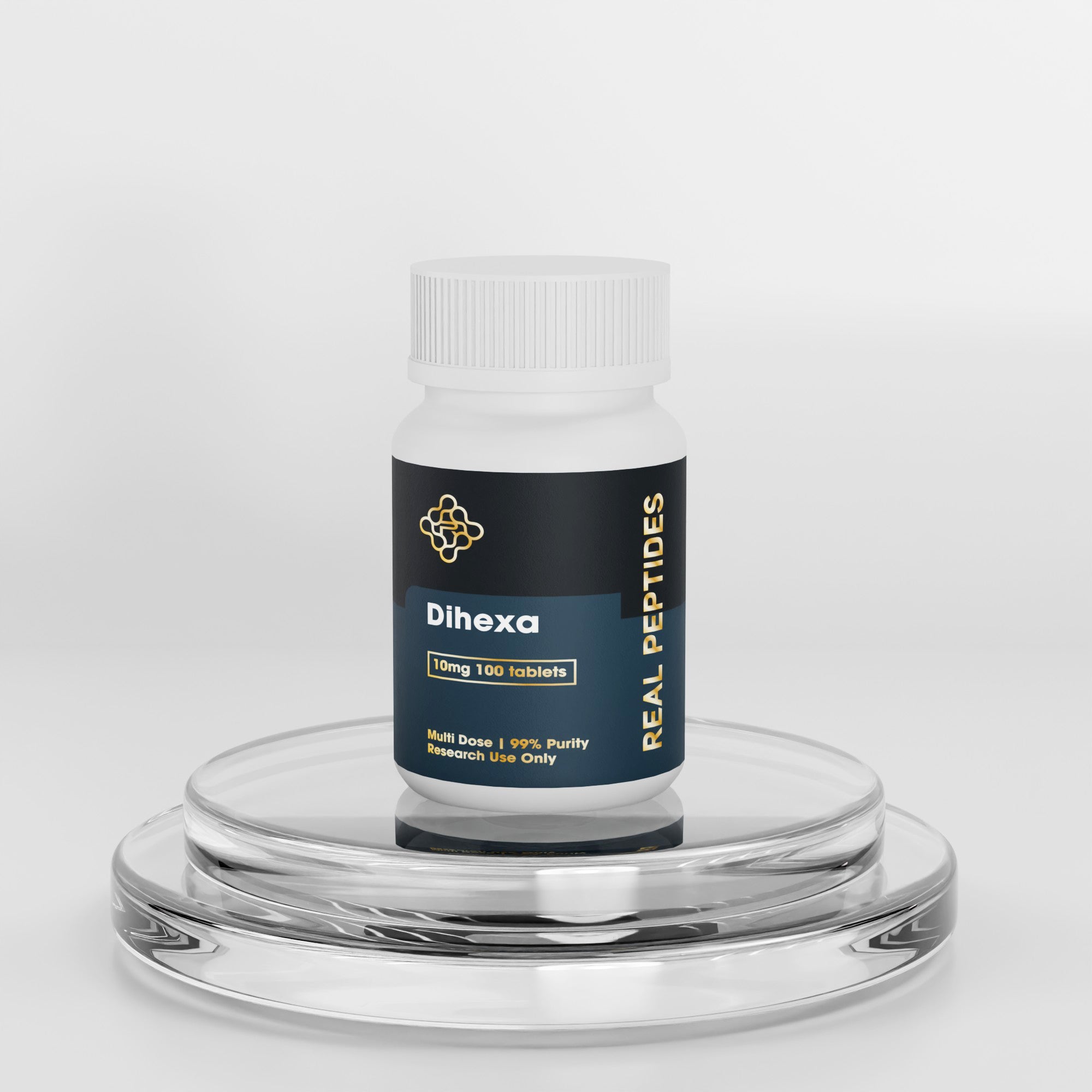
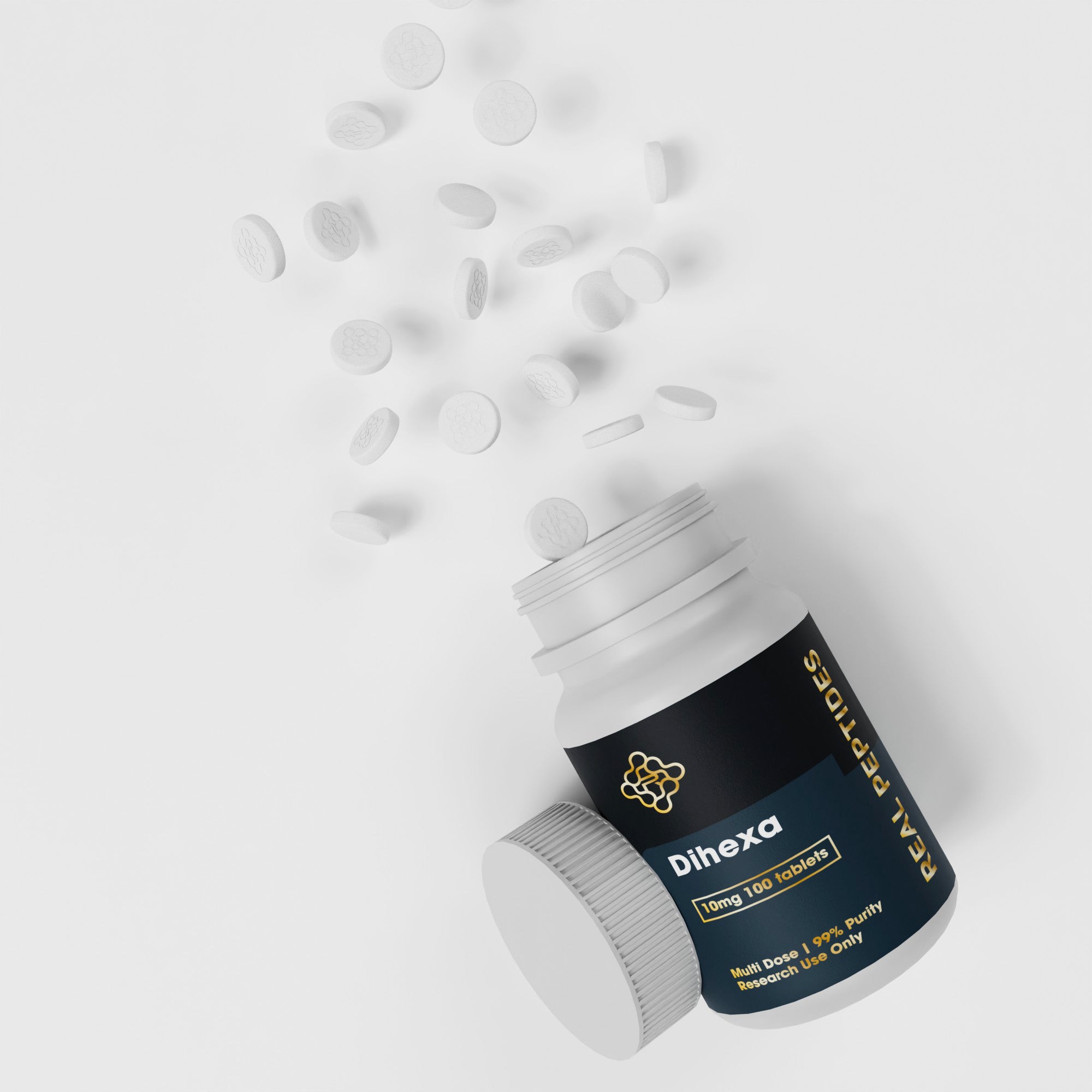
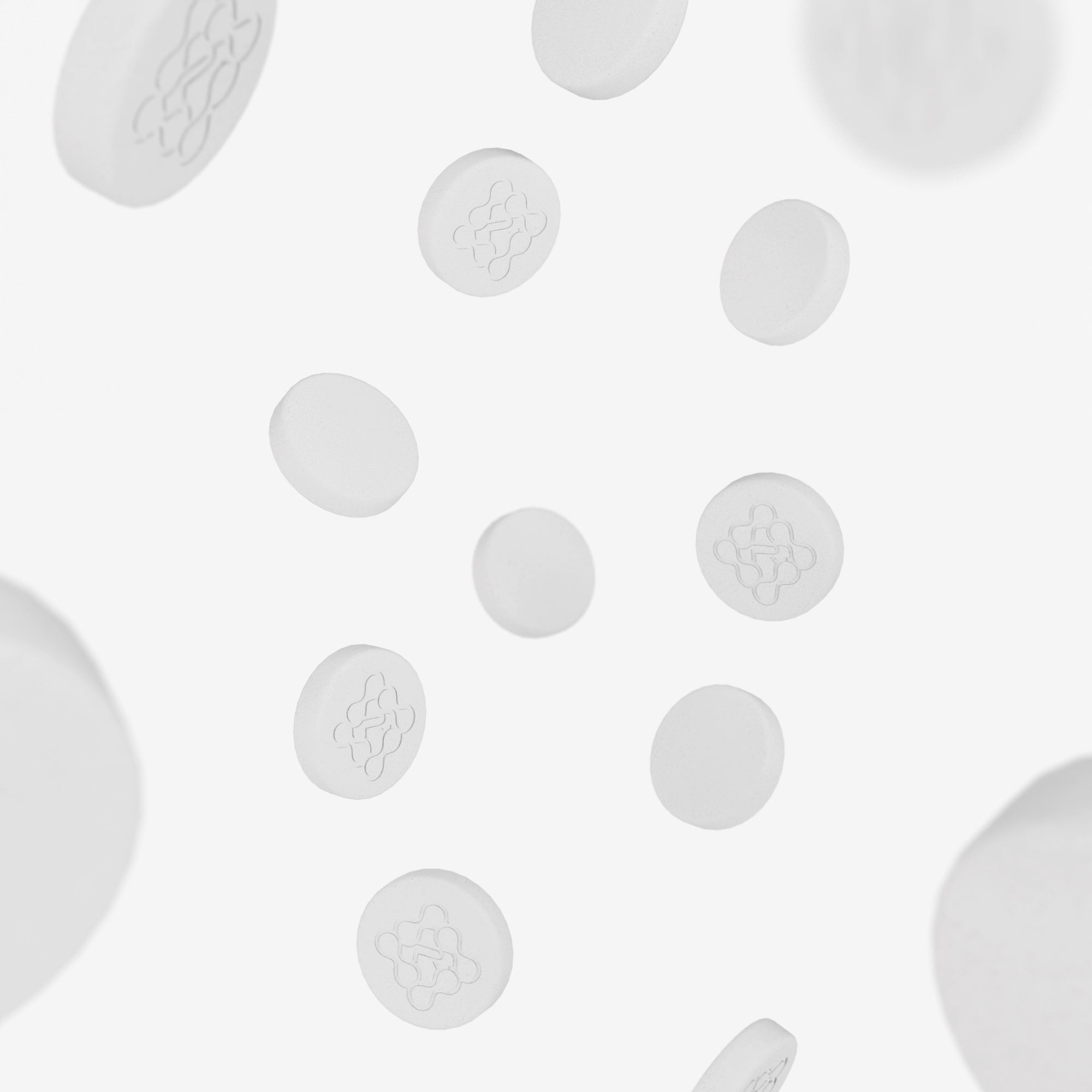
Dihexa Tablets
Dihexa is a synthetic peptide developed to support cognitive enhancement, synaptic plasticity, and neuroregeneration in research models. Often classified as a nootropic research compound, Dihexa has gained attention for its powerful effects on brain-derived neurotrophic factor (BDNF) pathways and its ability to repair neural connections in laboratory studies. Each bottle contains 100 tablets of 10mg Dihexa, manufactured to the highest purity standards and suitable for controlled, long-term peptide research projects.
⚠️ Important Disclaimer
For Research Use Only. Not for human consumption or therapeutic treatment.

Dihexa Tablets
Dihexa Peptide
KEY HIGHLIGHTS
Promotes Synaptic Regeneration
Accelerates formation of new synapses in neurodegeneration models.
Enhances Memory and Learning
Improves recall, learning speed, and spatial memory in rodents.
Crosses the Blood-Brain Barrier
Reaches brain tissue effectively through oral delivery.
Stimulates HGF/c-Met Pathways
Engages in pathways crucial for neurogenesis and brain repair.
Shows Promise in Alzheimer’s Research
May reverse learning deficits in experimental Alzheimer’s models.
No Observed Toxicity at Effective Doses
Safe profile noted in animal studies across various durations.


What Is Dihexa Peptide?
Dihexa (N-hexanoic-Tyr-Ile-(6) aminohexanoic amide) is a small peptide derivative of angiotensin IV, developed to promote neural growth and cognitive enhancement. It has shown superior synaptogenic activity in vitro and in vivo, with 7x the potency of BDNF in some models.
It crosses the blood-brain barrier easily and binds with Hepatocyte Growth Factor (HGF) receptors to stimulate neuron formation, protect existing synapses, and enhance long-term memory storage. Dihexa is of special interest in research exploring age-related cognitive decline, dementia, and neuroplasticity.

Why Choose Dihexa for Cognitive Research?
Dihexa stands out in the nootropic peptide category for its high specificity and sustained effects on neuronal function. Researchers choose Dihexa for its:
Ability to regrow damaged synaptic connections
Documented improvements in learning speed and memory recall
Proven stability in oral tablet format for consistent lab dosing
Potency in studies involving brain injury, Alzheimer’s, and aging
Long half-life and bioavailability in neural tissue
Minimal observed cytotoxicity in controlled models
If your research involves neurogenesis, neurodegeneration, or brain repair, Dihexa offers a powerful investigational tool with wide applications.

What Sets Dihexa Apart from Other Peptides?
Superior Synaptogenic Activity:
Compared to BDNF, Dihexa showed significantly greater ability to form new neural connections.
Orally Bioavailable & Brain-Penetrant:
Dihexa tablets cross the blood-brain barrier, unlike many injectable peptides.
Long-Term Potentiation (LTP) Enhancer:
Boosts plasticity and potentiation in hippocampus-related memory centers.
High Binding Affinity to HGF/c-Met:
Stimulates robust neurotrophic support for nerve cell survival and growth.
Ideal for Cognitive & Aging Research:
Effective in experimental models for memory loss, TBI, and neurodegeneration.
Consistent Tablet Delivery Format:
100 tablets of 10mg offer long-term research stability and standardized dosing.
Dihexa Peptide Benefits, Use, and Research
What is Dihexa peptide used for in research?
Dihexa is studied for its cognitive-enhancing and neuroprotective properties, particularly in models of memory loss, Alzheimer’s, and brain injury.
What are the benefits of Dihexa peptide in lab studies?
Dihexa has been shown to promote synaptogenesis, improve learning and memory, and support long-term potentiation (LTP) in the hippocampus.
Is Dihexa considered a nootropic peptide?
Yes. Dihexa is widely studied in nootropic research for its neurogenic and cognitive-supporting effects in experimental settings.
How does Dihexa work in the brain?
Dihexa binds to HGF/c-Met receptors, stimulating neural growth and enhancing synaptic connectivity—key for learning, memory, and cognitive retention.
How are Dihexa tablets dosed for research?
Each tablet contains 10mg of Dihexa, offering consistent dosing for oral administration in approved lab models under controlled protocols.
Can Dihexa be used for neurodegenerative disease research?
Yes. Dihexa is frequently studied in models of Alzheimer’s, Parkinson’s, traumatic brain injury, and other age-related cognitive decline conditions.
Where can I buy Dihexa tablets for research?
Real Peptides provides high-purity Dihexa 10mg tablets (100 count) for research labs, shipped securely and with fast turnaround.
Is Dihexa legal to purchase for research purposes?
Yes. Dihexa is unregulated in many jurisdictions and legal for non-human research use only. It is not approved for human consumption.
How should Dihexa tablets be stored in the lab?
Store Dihexa in a cool, dry, light-protected environment below 25°C (77°F) to maintain stability over long-term research use.

